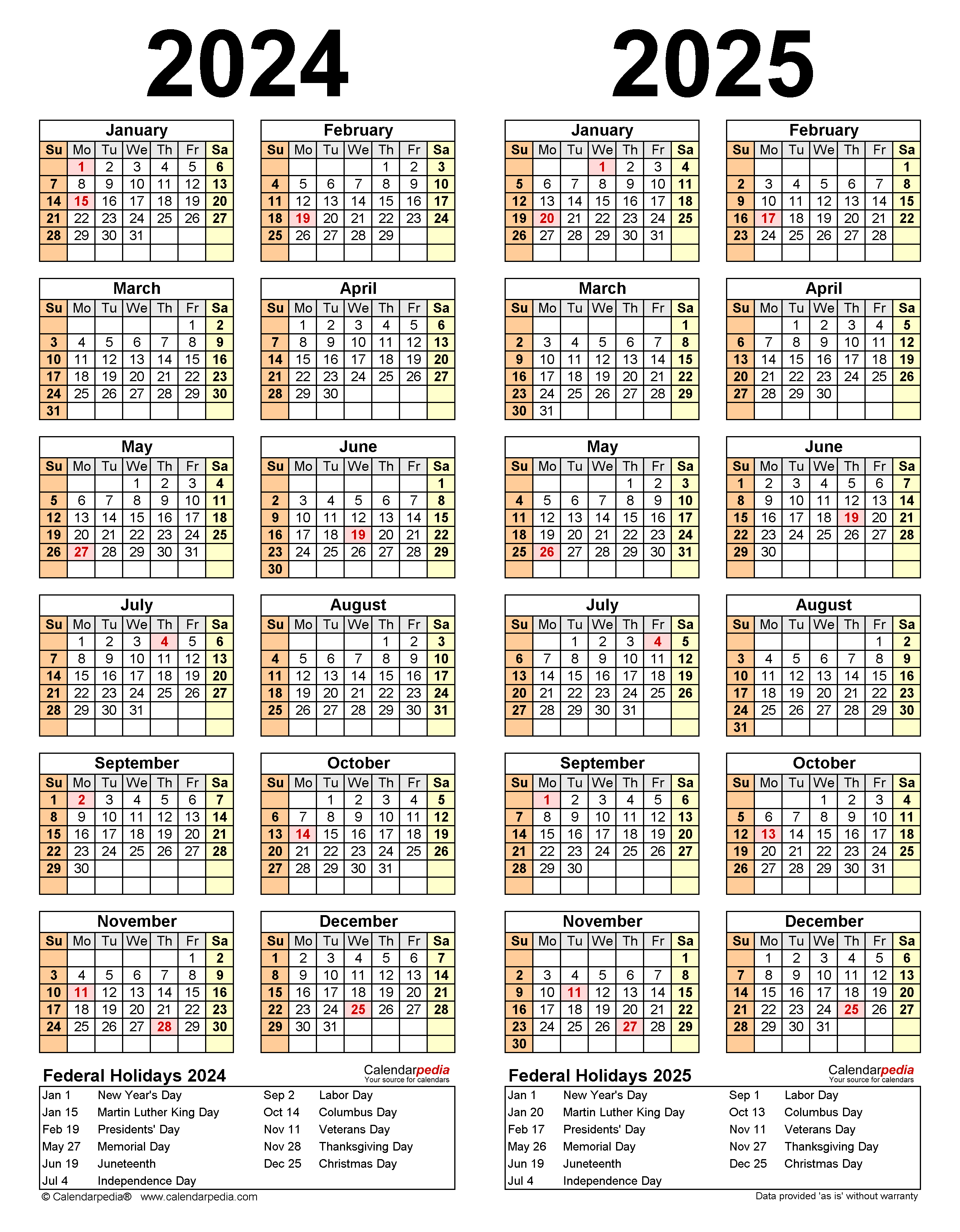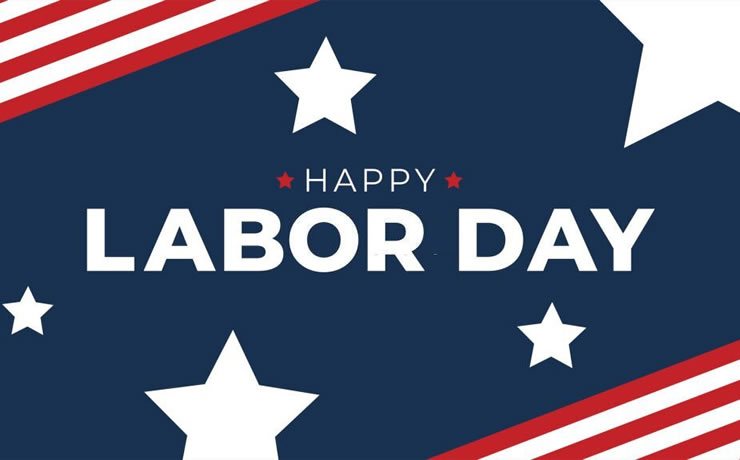The Enduring Significance Of Calendars: A Look At The 2026 Edition
The Enduring Significance of Calendars: A Look at the 2026 Edition
Related Articles: The Enduring Significance of Calendars: A Look at the 2026 Edition
Introduction
With great pleasure, we will explore the intriguing topic related to The Enduring Significance of Calendars: A Look at the 2026 Edition. Let’s weave interesting information and offer fresh perspectives to the readers.
Table of Content
The Enduring Significance of Calendars: A Look at the 2026 Edition

The concept of a calendar, a system for organizing time, has permeated human civilization for millennia. From ancient civilizations marking solstices and equinoxes to modern societies meticulously planning events, calendars serve as indispensable tools for navigating the ebb and flow of time. The 2026 calendar, while seemingly a mere collection of dates and days, holds a deeper significance, reflecting our enduring need to structure and understand our lives.
The Role of Calendars in Human History
The origins of calendars can be traced back to the dawn of civilization. Early humans relied on natural phenomena, like the phases of the moon and the cycles of the seasons, to track time. These observations led to the development of lunar and solar calendars, which were instrumental in agricultural practices, religious ceremonies, and social organization.
The ancient Egyptians, for instance, developed a sophisticated solar calendar based on the annual flooding of the Nile River. This calendar, with its 365 days, laid the foundation for the Julian calendar adopted by the Roman Empire, which eventually evolved into the Gregorian calendar we use today.
Throughout history, calendars have served as more than just timekeeping devices. They have been symbols of power, cultural identity, and religious beliefs. The Chinese calendar, with its intricate system of zodiac animals and lunar cycles, reflects the country’s rich cultural heritage. Similarly, the Islamic calendar, based on lunar cycles, plays a vital role in the religious observances of Muslims worldwide.
The 2026 Calendar: A Window into the Future
The 2026 calendar, like any other calendar, provides a framework for organizing our lives. It allows us to plan events, schedule appointments, and track deadlines. However, beyond its practical utility, the 2026 calendar holds a unique significance. It represents a point in time that is both familiar and unknown.
As we approach 2026, we are increasingly aware of the rapid pace of technological advancement and the challenges facing humanity. Climate change, social inequality, and geopolitical tensions are just some of the issues that will shape the world in the coming years. The 2026 calendar serves as a reminder of the challenges and opportunities that lie ahead.
Engaging with the 2026 Calendar: A Deeper Understanding
While the 2026 calendar may appear to be a simple tool, it offers a unique opportunity for reflection and engagement. By examining the dates and events marked on the calendar, we can gain a deeper understanding of the world around us.
- Historical Perspective: The 2026 calendar can be used to explore significant historical events that occurred in previous years. By understanding the past, we can gain valuable insights into the present and future.
- Cultural Significance: The 2026 calendar can be used to learn about cultural events, holidays, and traditions celebrated around the world. This fosters appreciation for diversity and promotes understanding between cultures.
- Personal Reflection: The 2026 calendar can serve as a tool for personal reflection. By noting down important dates and events in our own lives, we can track our progress, celebrate our achievements, and reflect on our experiences.
FAQs Regarding Calendars and the 2026 Edition
Q: What are the different types of calendars used around the world?
A: There are numerous calendar systems in use globally, including the Gregorian calendar, the Islamic calendar, the Hebrew calendar, and the Chinese calendar. Each calendar system reflects the cultural and historical context of the region where it originated.
Q: Why is the Gregorian calendar the most widely used calendar in the world?
A: The Gregorian calendar, developed in the 16th century, is the most widely used calendar because of its accuracy and global adoption. Its adoption by many countries has facilitated international communication and trade.
Q: What are the advantages of using a calendar?
A: Calendars provide a structured framework for organizing time, facilitating efficient planning, scheduling, and time management. They help individuals and organizations to stay on track with deadlines, appointments, and important events.
Q: How can the 2026 calendar be used to promote sustainability?
A: The 2026 calendar can be used to raise awareness about environmental issues and promote sustainable practices. By highlighting key dates related to climate change, biodiversity conservation, and renewable energy, the calendar can encourage individuals and organizations to take action.
Tips for Engaging with the 2026 Calendar
- Mark Important Events: Make a note of personal milestones, birthdays, anniversaries, and important appointments on the 2026 calendar.
- Explore Historical Events: Research significant historical events that occurred in the year 2026.
- Learn About Cultural Celebrations: Discover cultural holidays and festivals celebrated around the world in 2026.
- Set Goals and Track Progress: Use the 2026 calendar to set personal or professional goals and track your progress throughout the year.
Conclusion: The Enduring Value of Timekeeping
The 2026 calendar, like any other calendar, serves as a reminder of the importance of time and the need to structure our lives. It provides a framework for organizing our thoughts, actions, and aspirations. By engaging with the 2026 calendar, we can gain a deeper understanding of the world around us, appreciate the value of time, and make informed decisions that shape our future.
As we move forward into the year 2026, let the calendar serve as a guide, a reminder, and a source of inspiration. May it help us to navigate the complexities of time, embrace the opportunities that lie ahead, and leave a lasting impact on the world.








Closure
Thus, we hope this article has provided valuable insights into The Enduring Significance of Calendars: A Look at the 2026 Edition. We appreciate your attention to our article. See you in our next article!